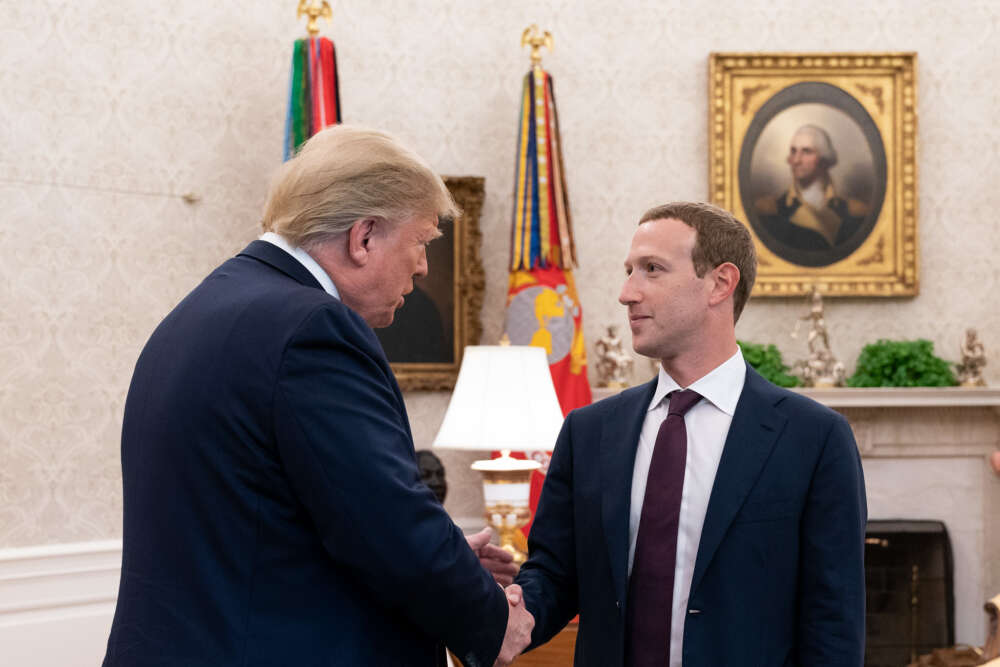Berlin Must Practice What it Preaches

A year ago this week, Edward Snowden started his leaks revealing that the NSA conducted mass surveillance of citizens across the globe on a scale and with a technological sophistication few had dared to imagine. Germany has been at the forefront of pushing back against the violation of privacy rights of citizens by US spying. Last November, Berlin introduced a resolution on the “right to privacy in a digital age” at the United Nations. It decries the “negative impact” of “extraterritorial surveillance and/or interception of communications (…) on the exercise and enjoyment of human rights.”
The resolution calls on states to “review their procedures, practices and legislation” and to “establish or maintain existing independent, effective domestic oversight mechanisms capable of ensuring transparency, as appropriate, and accountability for State surveillance of communications, their interception and collection of personal data“. This January, responding to pressure (also from globally operating US digital economy companies), US President Obama announced the “unprecedented step of extending certain protections that we have for the American people to people overseas.” He directed the Director of National Intelligence and the Attorney General to develop these safeguards, “which will limit the duration that we can hold personal information, while also restricting the use of this information”. Almost half a year later, no measures to this end have been announced making the German government increasingly impatient. During his visit to Washington DC in May, German interior minister Thomas de Maizière stressed that he “would of course like to see concrete actions” on safeguards for foreigners. What de Maizière did not reveal is that Germany does not fare any better on this front.
Thanks to Snowden we know a lot more about the NSA than we do about the surveillance capabilities and practices of the Bundesnachrichtendienst (BND). However, what has transpired gives reason for grave concern as a new study by the Berlin-based “Privacy Project”, three recent legal expert testimonies as well as information revealed during a lawsuit against the BND by attorney Niko Härting make it clear.
To read the rest of this piece, please visit Deutsche Welle English online ↪ .







